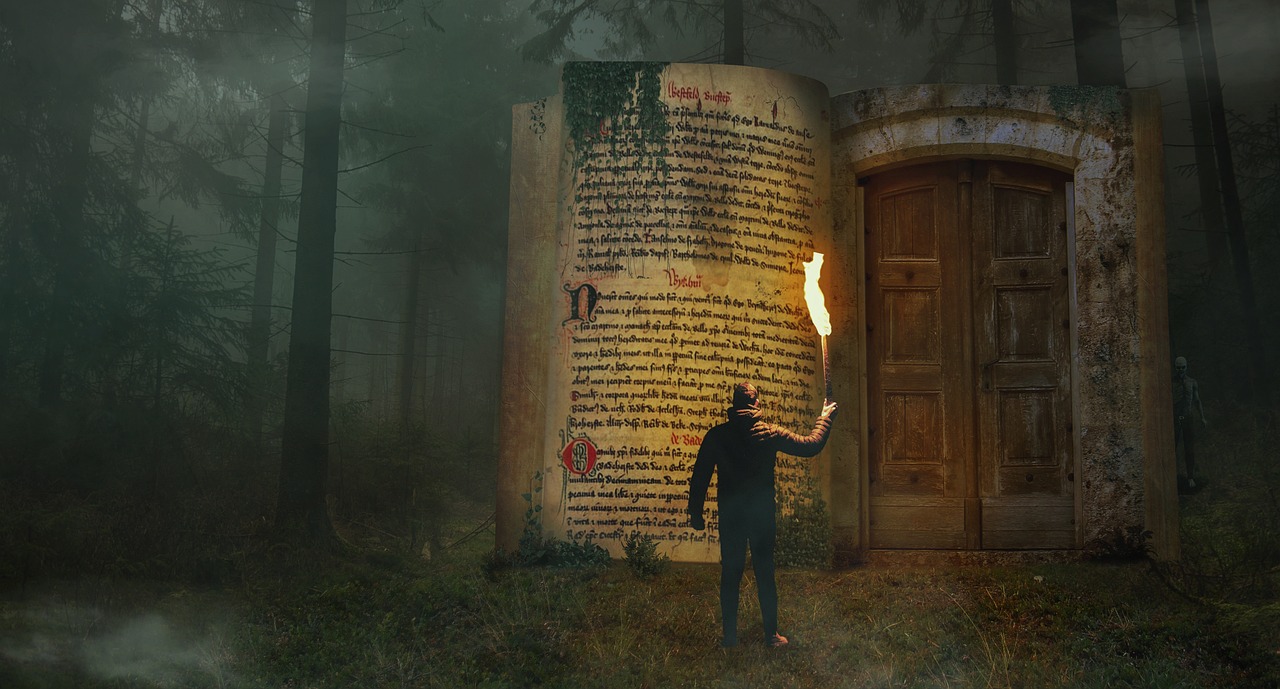What is the writing process? There is no one process that all writers use. Some people write spontaneously, without much planning, while others want to plan everything in great detail. Some people like to write alone, while others prefer to work with a writing partner or group.
This blog post will discuss the most common writing process in detail, from pre-writing to post-writing. We’ll also provide tips for each process stage so you can write like a pro!
Pre-writing – building the foundation
Before you start writing your thriller, you need to brainstorm ideas. This involves developing a story idea, creating characters, and outlining the plot. Writing a coherent and well-crafted thriller will be difficult without a strong foundation.
– Apart from brainstorming, you can generate your ideas in several ways, such as freewriting or mind mapping. For example, you might list points you wish to cover or sketch out rough drafts.
– Research your story idea. Gather as much information as you can on the topic so that you have a good understanding of it. Do character research. Gather as much information as possible so you understand your character’s backstory, motivations, personality traits, etc.
Outlining your thriller
This is where you organize your thoughts and develop a rough draft of your paper. There are a lot of benefits to outlining your thriller writing process before you start writing. Here are the most important ones:
– A good outline can help you stay focused on the story, ensure all the necessary plot points are included and keep your pacing on track.
– It’s essential to have a solid plan before writing because thrillers are such intricate, complex stories. Without a dream, it’s easy to get bogged down in the details and lose focus on the big picture. An outline can help prevent that from happening.
– Additionally, an outline can be an excellent tool for post-writing revision. Once you’ve written your thriller, you can use the outline to ensure each scene flows smoothly into the next and that the story is as tight as possible.
Writing your first draft
This is where you write your first draft from start to finish. Don’t try to write an entire novel in one sitting. Instead, start by writing 500 words or even just 100 words. Once you get into the groove, you can gradually increase the number of words.
Don’t worry about making it perfect; write your thoughts down. Then, be sure to stick to your plan and keep your writing organized.
The writing should be fluid and fast-paced, with short, concise sentences that keep the reader engaged. Be careful not to overwrite or ramble on unnecessarily. The goal is to keep the reader hooked until the end.
Ask for feedback

– Ask your friends or family to read what you’ve written and give you their honest feedback. This can help identify areas that need improvement.
Take a break
– If you’re feeling stuck, sometimes it helps to take a break from writing. Go for a walk, watch a movie, or read a book. You’ll be refreshed and ready when you return to continue your project.
Be persistent
– The most important thing is to keep writing, even if it’s just a few words each day. The more you write, the easier it will become. And before you know it, you’ll have finished your very first draft!
Edit and revise
After you have a first draft written, it’s time to go back and revise and edit.
It cannot be easy to look objectively at your writing without taking some time off at this stage. Therefore, prepare for the edit-and-revise stage by leaving your work alone for at least a day or two after finishing the first draft.
As you enter the revising stage, read your work aloud. As you read, pay attention to how the words sound and look for errors. The revision process can be time-consuming, but ensuring that your final product is the best it can be is essential.
It’s never too early to start editing and revising your work. However, the more you can polish your writing in the early stages, the easier it will be to change and improve it before you make your final drafts.
Be sure to allow yourself plenty of time for drafts and revisions; it’s often said that it takes about 10,000 hours of practice to become an expert at something.
Proofreading

Once you have edited and revised your writing, it’s time to proofread. This is the final stage in the writing process, and it’s essential to ensure that your writing is error-free. Before you read the entire manuscript, put it aside for a few weeks or months.
There are several reasons why it’s helpful to put your manuscript aside for a while before proofreading. Most importantly, during the writing process, your mind is constantly active and making connections between ideas.
This can obscure errors in the text since you’re seeing what you expect to see instead of what is there. In addition, taking some time away from the manuscript relaxes your mind and makes it easier to spot mistakes.
Please remember:
The best way to proofread is to read your work aloud, slowly, and carefully. It would be even better if you could print the manuscript and read from the pages!
Post-writing
Post-writing is when you review your work one last time to ensure everything looks good. Proofread for sentence structure, correct spelling and grammatical errors, and ensure the story flows well and is easy to follow.
You may also want to have someone else read it over (a beta reader) to get their thoughts and feedback. After this is done, your work is ready to be published!
Conclusion
So there you have it! These are the six main steps to writing a great thriller novel. Of course, every writer has their own process, but this is a great place to start if you don’t have one yet. Just remember: pre-writing, outlining, writing your first draft, editing and revising, proofreading, and post-writing – one stage leading to the next.
And always keep your readers in mind! What do they want to read? What will keep them up all night, turning pages? If you can answer those questions, you’re well on your way to writing a bestselling thriller.
The most important thing is to find a process that works for you and stick with it. Above all else, write from the heart and let your passion for writing shine through!
If you’re working on your first novel and are looking for more help with your writing, please check out my other writing articles at https://ullahakanson.com/blog/
Thanks for reading!
All the best,
Ulla

